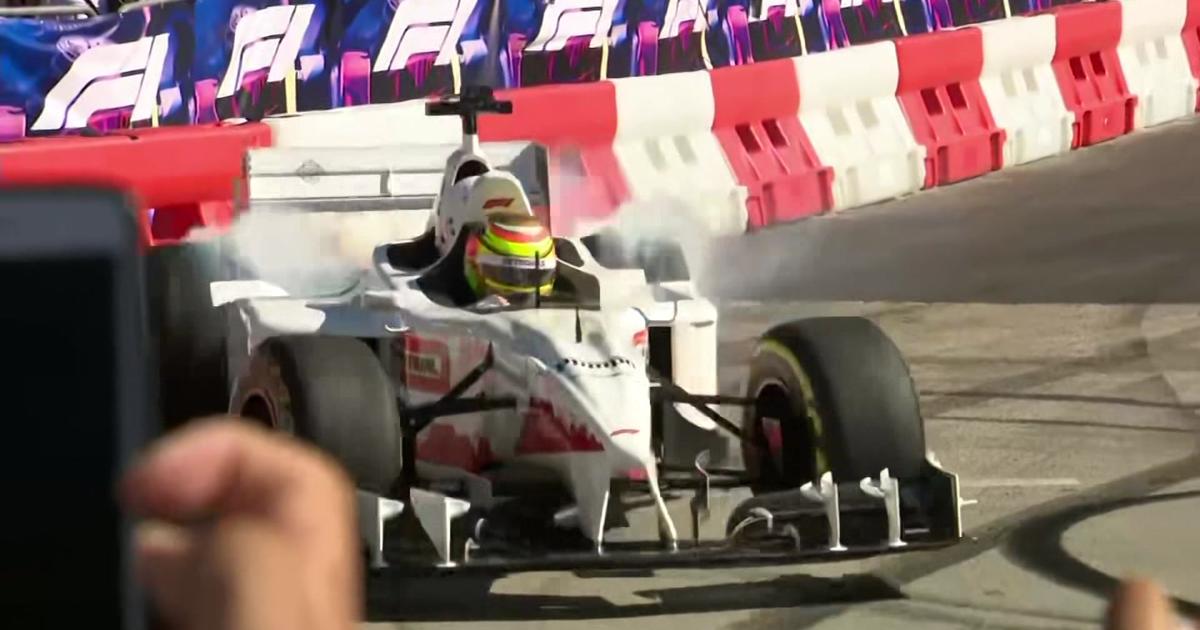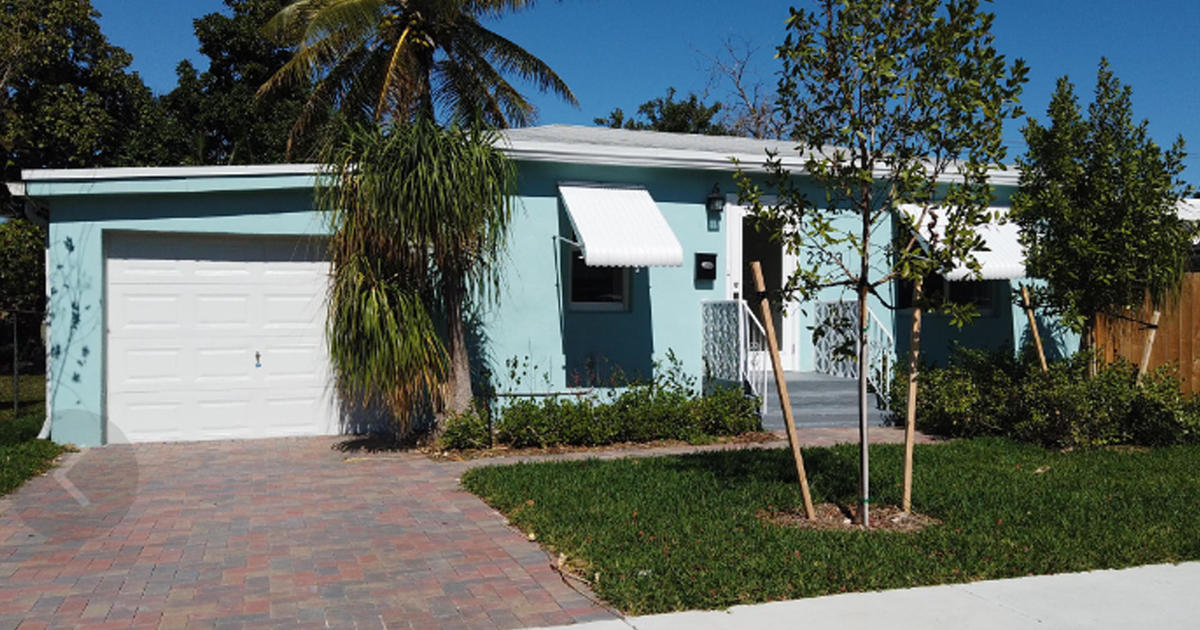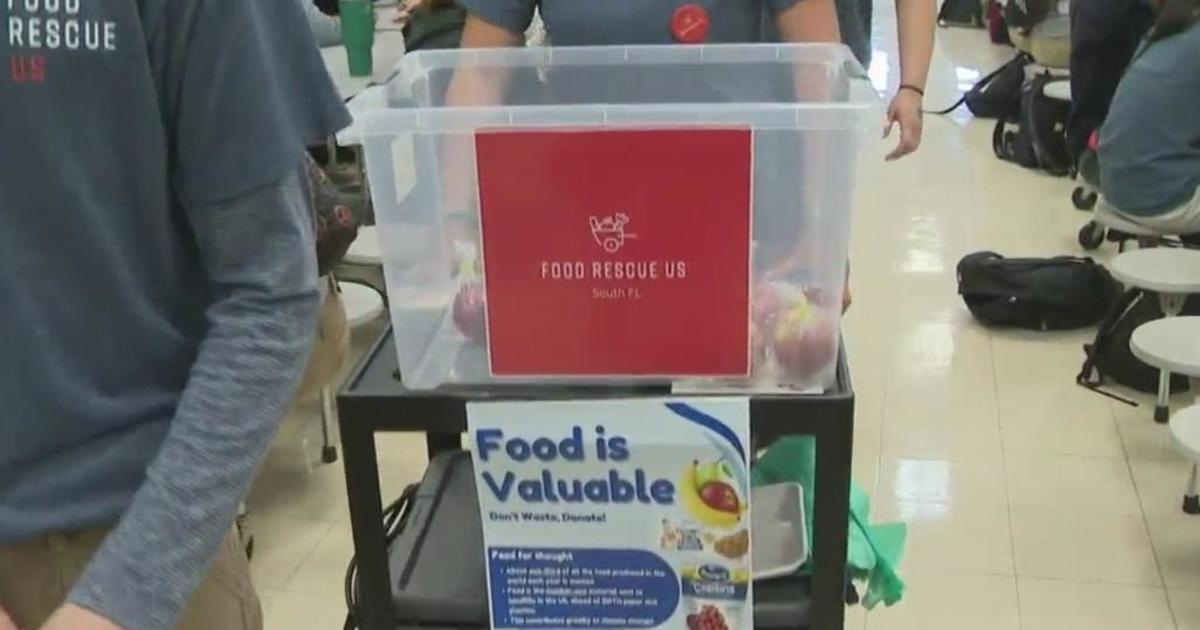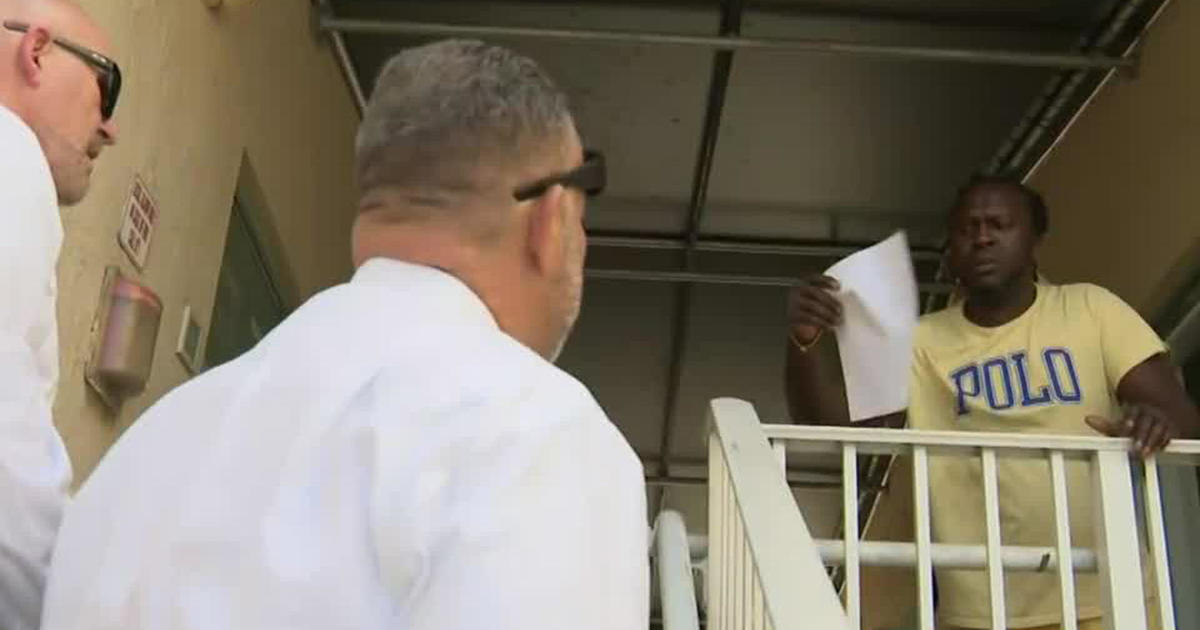Sen. Rubio Sees Challenges In Reuniting Migrant Kids & Housing Families
Follow CBSMIAMI.COM: Facebook | Twitter
HOMESTEAD (CBSMiami) - After touring a facility in Homestead which houses approximately a thousand unaccompanied migrant children, of which nearly a hundred are from the southern border, Senator Marco Rubio said there are a number of challenges that must be faced moving forward with immigration reform.
The shelter, which turned away Senator Bill Nelson and Rep. Debbie Wasserman Schultz when they sought a tour earlier this week, opened its doors to reporters and politicians on Friday for two tours.
"It was my perception that we have a place that is operating under very challenging circumstances and trying to do the best they can. We need to ensure that irrespective of how someone came here, what legal status they're under, we're the United States of America and we should have the highest standards possible in terms of how we treat people," said Rubio speaking to reporters afterward.
Two people then began to heckle the congressman.
"Why don't you should check his tweets," yelled one man. "His tweets say that these kids belong here behind bars. This is unfair, you are opportunistic by being here."
After they quieted down, Rubio said he believes that families should be detained together. He also believes that immigration laws have to change as does the perception of them.
"The bottom line is that there has emerged an entire industry of traffickers and coyotes and people who do horrible things because a perception has been created that if you cross our border unlawfully you will have the opportunity to stay. There is no doubt, one hundred percent confidence, that that is, at a minimum, an incentive to drive what is a very dangerous and terrible journey," he said.
When asked about the President's zero-tolerance policy, Rubio said its complicated.
"That is one of the things that we are concerned about. Housing families together is not an easy endeavor. We don't have a pre-existing scenario," he said.
"If that's the policy we want to pursue, that capacity (to house families) has to be created. It's not just housing people together, it's housing people in conditions that are safe and nurturing. And that's what we need to do because we are the United States of America. But it will require reconfiguring places such as this and others if those are the place we choose to use," he added.
Rubio said one of the biggest challenges they're now facing is how to reunite hundreds of children who were separated from their parents at the border.
"One of the challenges we have there, first of all, is tracking where the parents are. The goal, from these centers, is to find a sponsor. They say almost 85, 90 percent are either another parent already here, a relative, someone of that nature. There's a process for that reunification. As far as parents that are already in the system, that should be able to happen. The fundamental question is where will they go. We don't really have centers that are built for that capacity," he said
Rubio said that one of the things he hopes they will do more of is invest in programs he supports, like the Alliance for Prosperity, because it allows for investment in places like Guatemala, Honduras, and El Salvador, help those countries improve the quality of life for their people do people don't have to leave.



